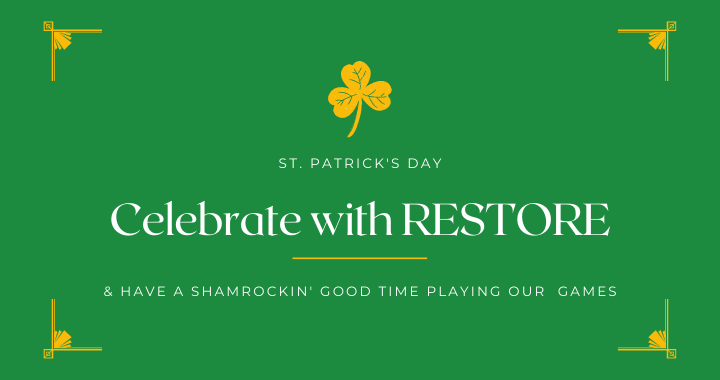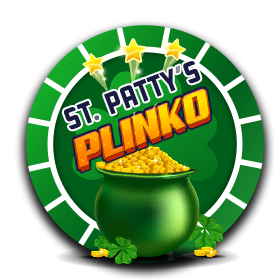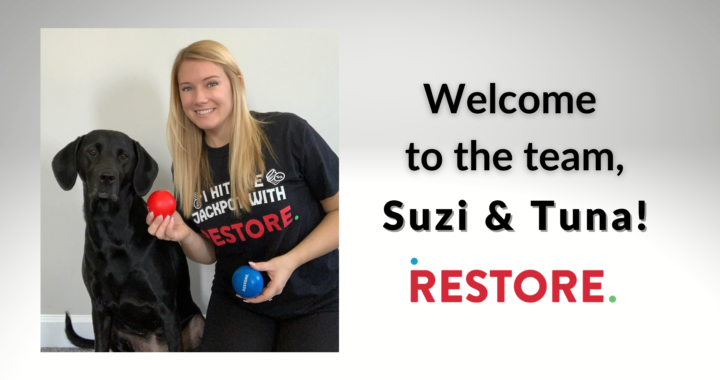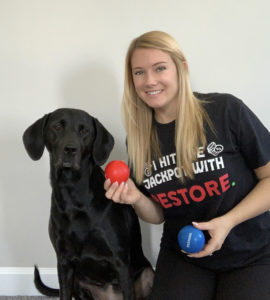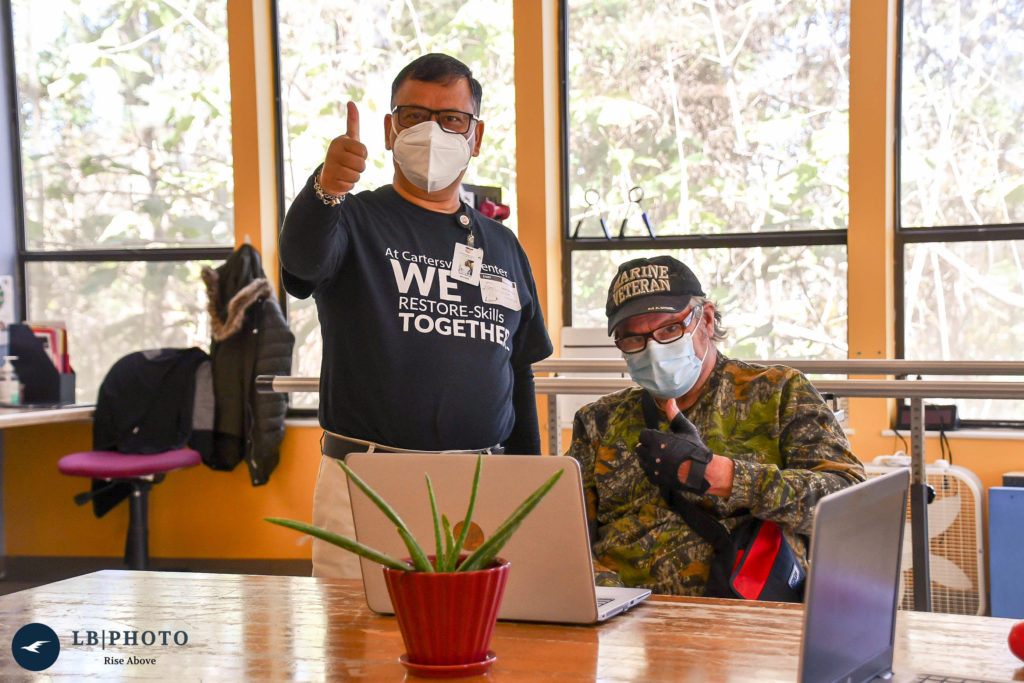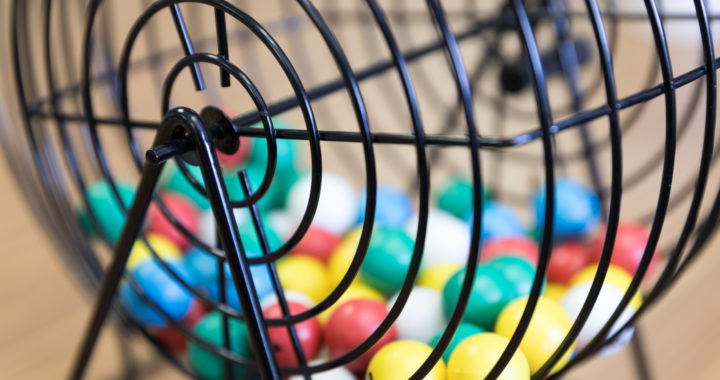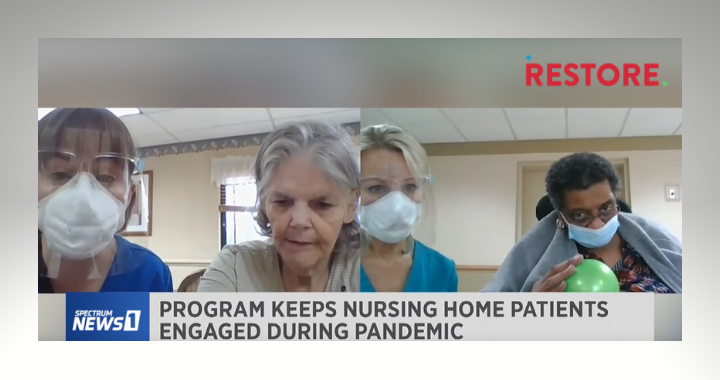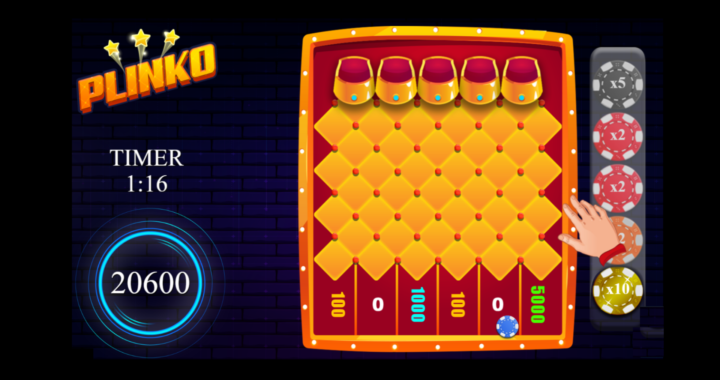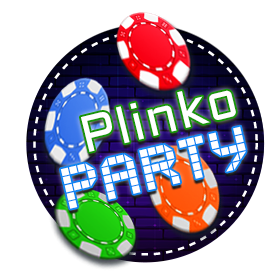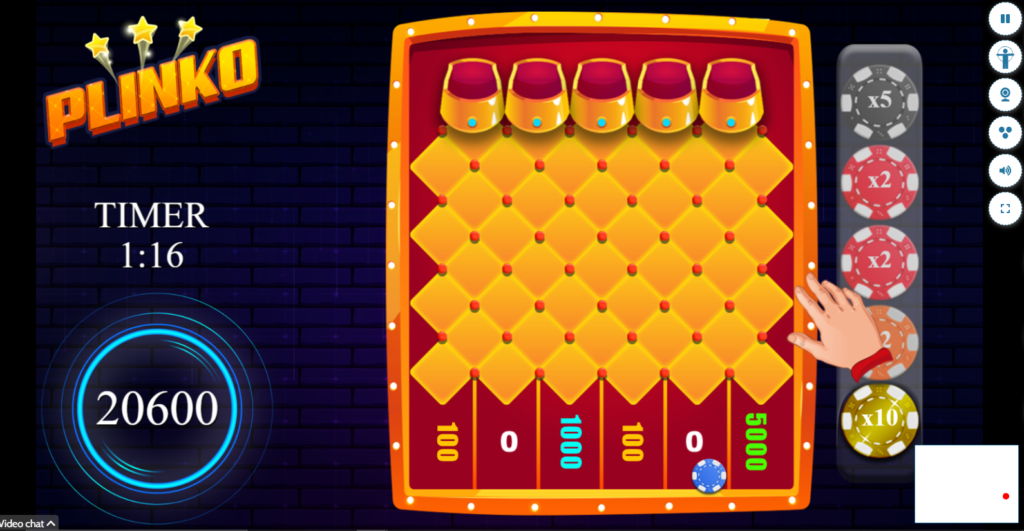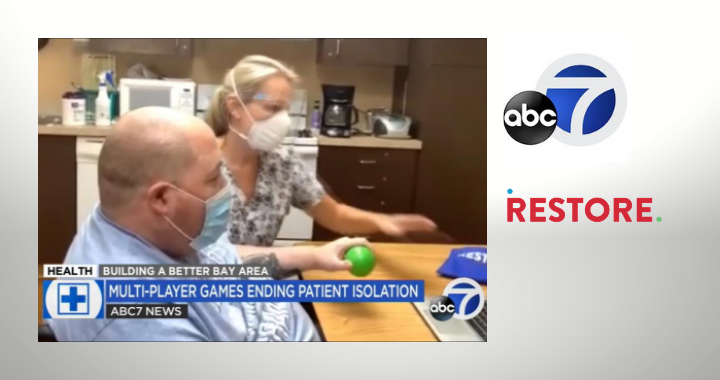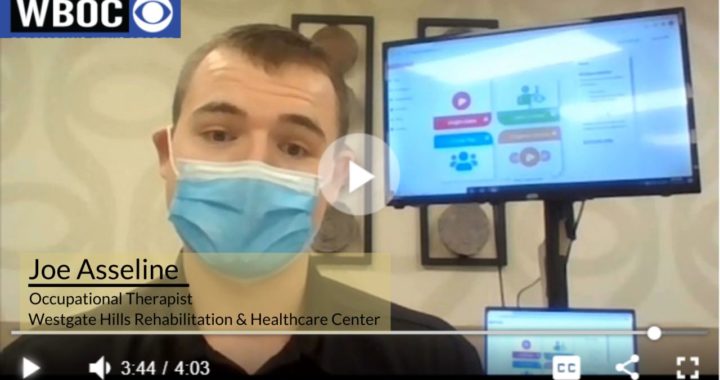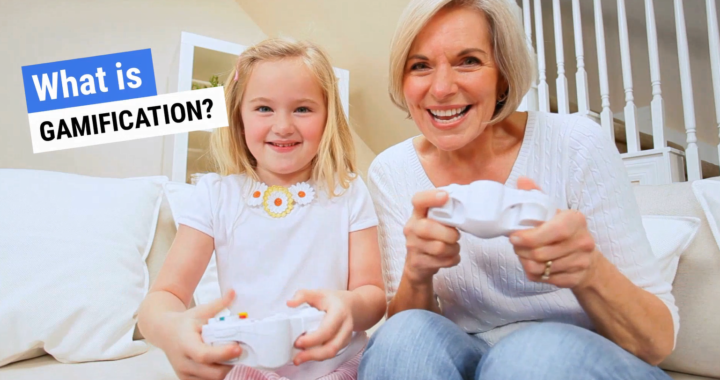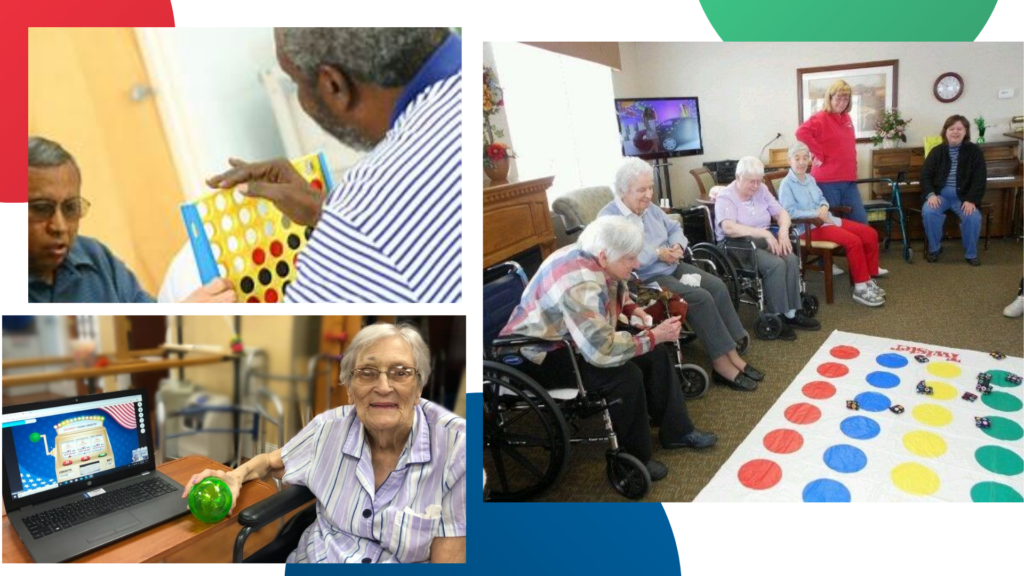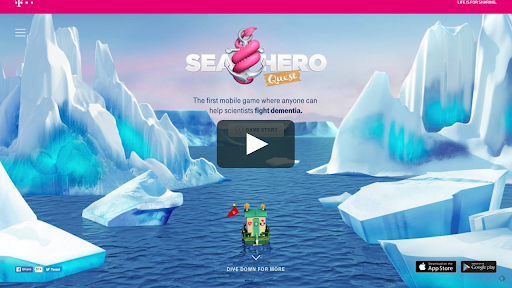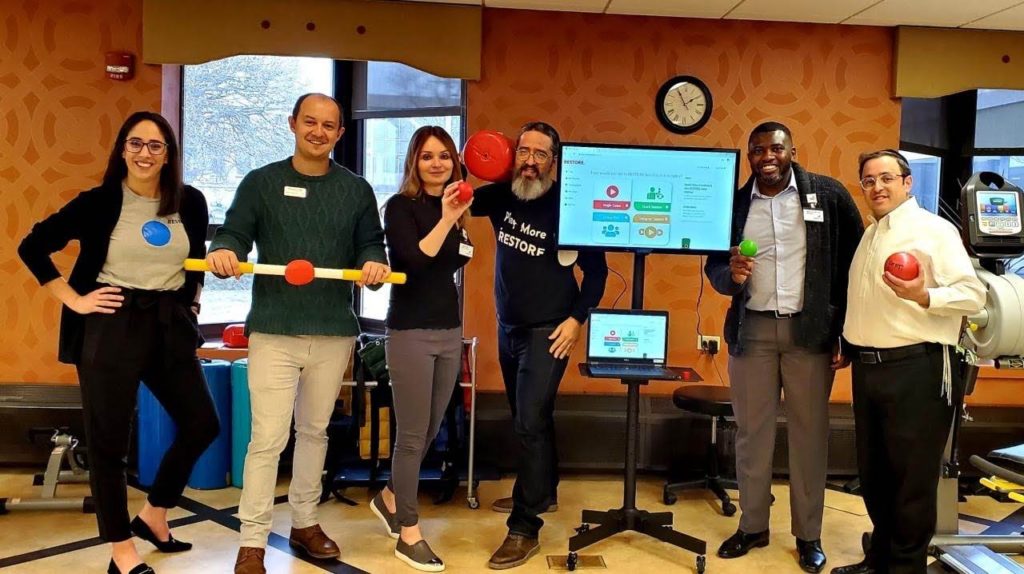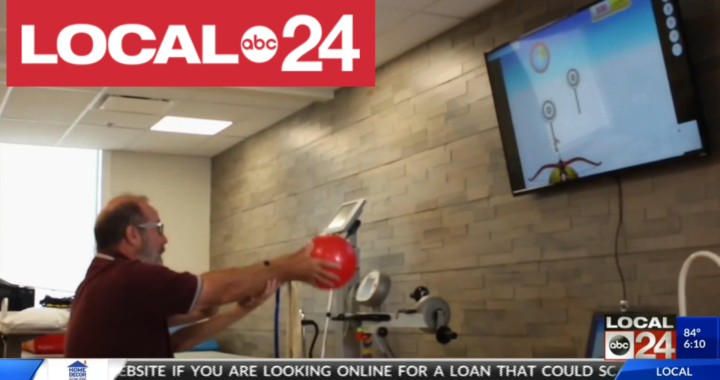Why it’s been slow to be adopted
Before having to accept sheltering in place, RESTORE’s Ian Oppel, chief clinical officer and an occupational therapist traveled around to hundreds of care locations in all settings. He says, “What I learned is that patients love their therapists and that the therapy profession is as valued today as it was when I started practicing 25 years ago. I also discovered that therapy services are being provided today in essentially the same way they were 25 years ago, albeit with fewer smiles and laughter. Treatment sessions predominantly took place in the therapy gym, treatment approaches are largely contrived (versus functional and person-centered), and the requirements for documentation and time management make sustained patient engagement a real challenge.”
COVID-19 is forcing therapists to adopt changes that were long overdue. The therapy gym should be a treatment environment exclusive to those patients needing to access equipment that can only be housed in the gym and scheduled accordingly.
Oppel says, “Therapists need portable, easily accessible, and versatile treatment approaches that can be delivered point of care and documented point of service.
Therapy sessions must be meaningful, engaging, and fun to accelerate outcomes and promote wellness as part of a healthy, active lifestyle change that continues after discharge from care. Ideally, we want to find ways to teleconference family members and friends during treatment sessions so they can provide encouragement while receiving education and peace of mind.”
Gamification key to a motivational therapy program in 2020
“Gamified services engage us, keep us motivated and help us down the bumpy road of change. It’s the combination of a great buddy and a considerate parent. That’s why I believe gamified solutions will spread like epidemics in healthcare as well.” (Medical Futurist in July 2017).
Now in 2020 gamification must spread WITH the epidemic as an antidote to our present therapy challenges.
Skilled nursing therapy today looks fundamentally different than it did one year ago. First came changes to the reimbursement system to PDPM, taking the focus away from therapy minutes to instead focus on achieving therapy outcomes. Facilities began running groups and concurrent therapy sessions, suggesting that the group setting would be like a workout group class, where everyone motivates one another.
Then, of course, with COVID-19, therapy changed in ways previously unimaginable, where patients were largely confined to their rooms and therapists were limited to their own imagination and the equipment they could easily transport and sanitize.
RESTORE Skills therapy gaming platform supports both new models, offering therapists and their patients an engaging, effective and easy to use tool in any setting.
RESTORE Skills is positioned now to be even more effective. Patients who can no longer interact as easily with other residents can be instead motivated by points, badges and trophies. In an otherwise isolating environment, RESTORE’s game mechanics now support participants’ engagement by providing them with next steps and feedback on their accomplishments as they play.
What was already an engaging therapy solution just reached a new powerful level as players become internally motivated to achieve a higher score or reach a new level.
Turn every room into a therapy gym
In this time when patients are confined to their rooms, RESTORE Skills supports fun, movement and activity even in a limited physical space. RESTORE is as portable as a laptop computer with a webcam. Therapists can easily transport laptops to each patient room to run a successful therapy session. And patients can continue to log in to their account and play therapy games once they return home. RESTORE Skills makes rehabilitation more fun, stretching patients’ abilities playfully and diverting their attention away from discomfort.
Data-driven digital gamification promotes consistency in therapy
Gamification promotes consistency in therapy, which is crucial during any time, but even more so during COVID-19 when facilities struggle with understaffing. Residents can now easily see where they left off the last time they were in therapy and then jump right back into it to continue aiming for the next level or badge. Therapists on different shifts can pick up with every patient right where their colleagues left off.
Gamification is affordable
While gaming systems can be expensive, therapists with a smaller budget can still tap the trend of providing more engaging, personalized care with RESTORE.
Increase transparency with digital gamification
At a time when guests are unable to visit skilled nursing centers, the onus is on every facility to set up care video calls and keep families connected. Instead of scheduling a typical video chat, it’s just as easy, and more meaningful to connect family members to a therapy session that is happening on a digital gamification platform. Family members can cheer along their loved one, witness the value of the care the patient is receiving and be able to support continuity of care once the patient returns home.
While digital gamification may now still be only in its infancy of adaptation in the healthcare field, there is no doubt that it is here to stay. The move toward more transparency, personalization, engagement and motivation was necessary before the COVID-19. The epidemic has exasperated the urgent need for better therapy. Those therapists who adapt to the digital gamification trend earliest will be the most set to succeed in the future of skilled nursing therapy.


